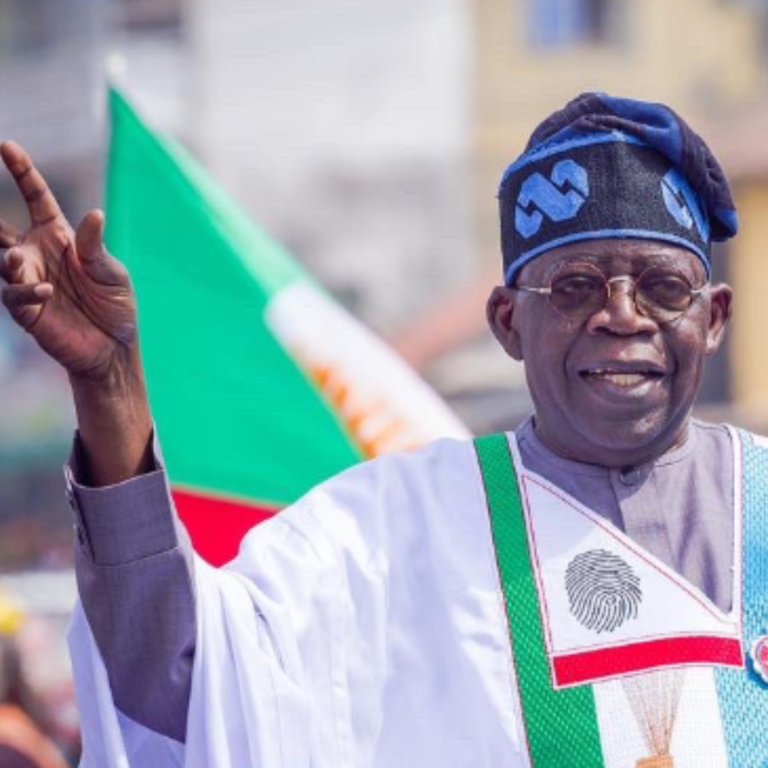Nigeria often feels like a simulation. We’re barely two months into the new year, but the government has put us through enough suffering to need years of therapy.
For weeks, Nigerians have been struggling with Naira scarcity due to the CBN’s Naira redesign, affecting ₦200, ₦500, and ₦1,000 notes. In this time, people have explored crazy options to get their hands on the Naira, and POS agents have shown us that cash is power.
And while the Central Bank of Nigeria (CBN) and the Supreme Court are stuck in a power play over the Naira swap deadline, some commercial banks, exhausted from the smoke they’ve been getting lately, have started issuing Naira coins to customers.
This, of course, brings the important question:
Are coins still a legal tender in Nigeria?
According to the CBN Act Section 2, Naira coins are still Nigeria’s legal tender. Our currency structure is made up of three coin denominations: 50 kobo, ₦1 and ₦2, and eight banknotes denominations: ₦5, ₦10, ₦20, ₦50, ₦100, ₦200, ₦500 and ₦1000.
Why haven’t the Naira coins been in circulation?
In 2007, the CBN redesigned the ₦1 and 50 kobo coins and issued the ₦2 coins. However, these coins had almost no value due to Nigeria’s ever-present inflation problem.
In March 2022, the House of Representatives asked the CBN to reinforce the use of coins to help stabilise our economy, but nothing came out of it.
However, by the look of things, the Naira coins might be making a return to our currency scene. While coins are legal and Nigerians can spend them, don’t judge filling station attendants when they stone you with your bags of coins.
Join the Citizen Situation Room and Helpline on WhatsApp today, to get real-time gist and drama on the 2023 elections.




